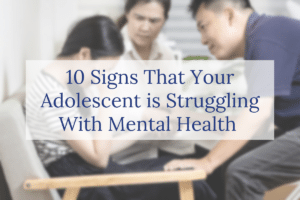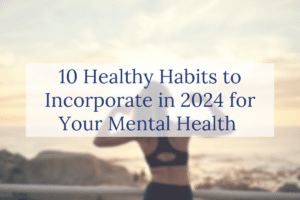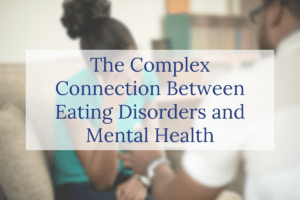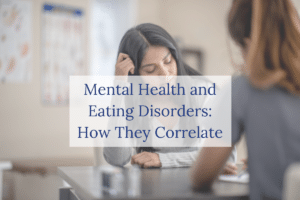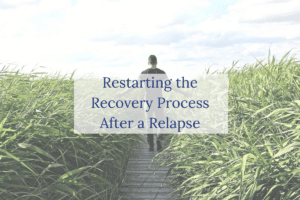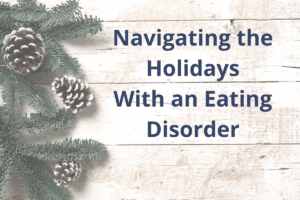Mental Health
Teenagers face various difficulties that parents can easily overlook if they aren’t careful. Because teens face so much, it is not uncommon for them to start experiencing mental health struggles. Adolescents are at a critical point in their mental development, which is why it is so crucial for parents to be actively involved in their…
There is no better time to develop healthy habits than when a new year is just beginning. If you are like many people, this is most likely something you have on your list of resolutions for 2024. Healthy habits are wonderful things to prioritize, especially if you are trying to combat bad habits. Many healthy…
With the new year upon us, many people are probably starting to consider their New Year’s resolutions. If this is something you are planning to do for the new year, you may want to put most of your focus on personal growth resolutions. Personal growth resolutions are the most common types of goals people have…
Eating disorders are a group of serious, often life-threatening conditions characterized by disturbed eating behaviors, preoccupation with body weight and shape, and an overwhelming desire to control one’s food intake. While eating disorders manifest primarily as physical issues, their roots are deeply intertwined with mental health. This blog will explore the complex connection between eating…
Recovery from Substance Use Disorder (SUD) is an incredible achievement that requires immense courage and dedication. However, the journey to sobriety is often accompanied by a range of emotional challenges, including the resurfacing of past traumas. In this blog, we will explore the complex relationship between trauma and SUD recovery, shedding light on the impact…
Eating disorders are about so much more than food. Underlying symptomatology such as low self-esteem, past trauma, substance use or mental health symptoms play a critical role in the formation of an eating disorder and how they manifest. These can present as co-occurring disorders, or simply motivators towards eating disorder behaviors. What’s a co-occurring disorder?…
Hat’s off to another New Year in recovery! Whether it’s your first New Year recovering from substance use, mental health disorders, or an eating disorder, or your tenth, each new year offers us the opportunity to reinforce and enhance our recovery practices. Everyone’s heard of New Year’s Resolutions, which means everyone knows data shows most people…
The Transtheoretical Model, also known as the Stages of Change, is a conceptual framework clinicians who work in the substance use field use to identify best interventions for how to work with those in recovery. These stages of change are: Precontemplation (Resistant & Unmotivated) Contemplation (Working up to Change, Hyper-aware of Cons of Change) Preparation…
The holidays claim to be the most wonderful time of the year, but for those with an eating disorder these seasons present new and difficult challenges for staying on track with recovery. Why is that? First and foremost, the holidays are an emotionally taxing time for those who don’t have an eating disorder. Family drama,…


